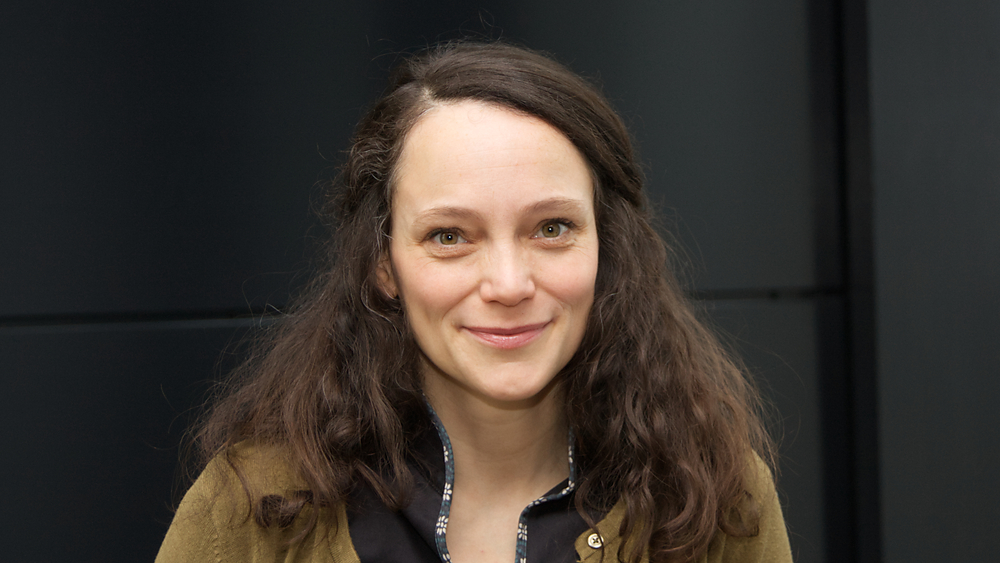December 17, 2024 | News | New Faces at MPIDR
Welcome, Josephine Jackisch!

Josephine Jackisch joins the Research Group Lifespan Inequalities as a new member. © MPIDR
The Research Group Lifespan Inequalities is happy to welcome Josephine Jackisch to the team.
What were your most importeant stations in academia before coming to Rostock?
Before coming to Rostock I have been a Postdoc at the Population Health Laboratory of the University of Fribourg. I completed my PhD at the Centre for Health Equity Studies (Karolinska Institutet/ Stockholm University) in Sweden researching the role of childhood adversity for premature mortality and health inequalities. My background is in Public Health with degrees from Maastricht University and Linköping University, and I also have a Master in Social Sciences from the Ecole des Hautes Etudes en Sciences Sociales, Paris. Before embarking in academia, I worked at the Charité-University Hospital Berlin as Coordinator of the Academic Office of the World Health Summit and in the WHO Regional office for Europe, in the field of health policy for prevention of noncommunicable diseases, healthy ageing across the life course, and healthy cities.
What’s your job at MPIDR and how long will you be working here?
My research takes a life course approach to explore how we can better understand health inequalities, which I hope to continue in the coming four years at the MPIDR.
What is your motivation to work in this field of research?
I want to better understand what drives social inequalities in health. What drives them and why do they persist, especially in welfare states like Sweden and Finland? I believe that we could maybe better understand what to do about inequalities, if we understand the complex life courses and intergenerational mechanisms that set people on low socioeconomic and health trajectories. I am also planning to investigate which structural factors can help people defeat their odds. Lastly, I am keen to use causal inference designs or frameworks to estimate effects of interventions or simulate counterfactual outcomes because I believe these can help us identify potential entry points for policy making.
Why did you choose MPIDR as your new employer?
For me the MPIDR is a very conducive environment to study inequalities in health. I can see three main reasons for this:
- I am not sure how but the institute manages to gather incredibly smart and kind people, who are mostly willing to be supportive and collaborative,
- the MaxHel Center provides wonderful opportunities to be creative with my own research ideas and maybe get some new angles at social inequalities,
- the infrastructure at the MPIDR is a great support and it is great how the administration tries to make good work possible.
Where are you from? What do you miss most about home (and maybe: what don’t you miss at all)?
I have spent the past 20 years living and working in eight countries. Yet, I have a German passport and grew up in Potsdam close to Berlin where I now returned to. As I spent the longest time of my adult life in Sweden, I miss Fika – a lovely way how one can meet Swedes for a coffee at any time of the day –, the way Swedes treat children, and Lucia celebrations during the darkest time of the year.
What is your favorite and what is your least favorite part about work?
The best part about the job is to work with people I like and admire. I thoroughly enjoy throwing ideas at each other and see how we can solve quite difficult issues together that otherwise can hold us up in spiraling thoughts forever. I do not like the publishing industry, and I don’t like to review papers that are not well thought through and submitted prematurely.